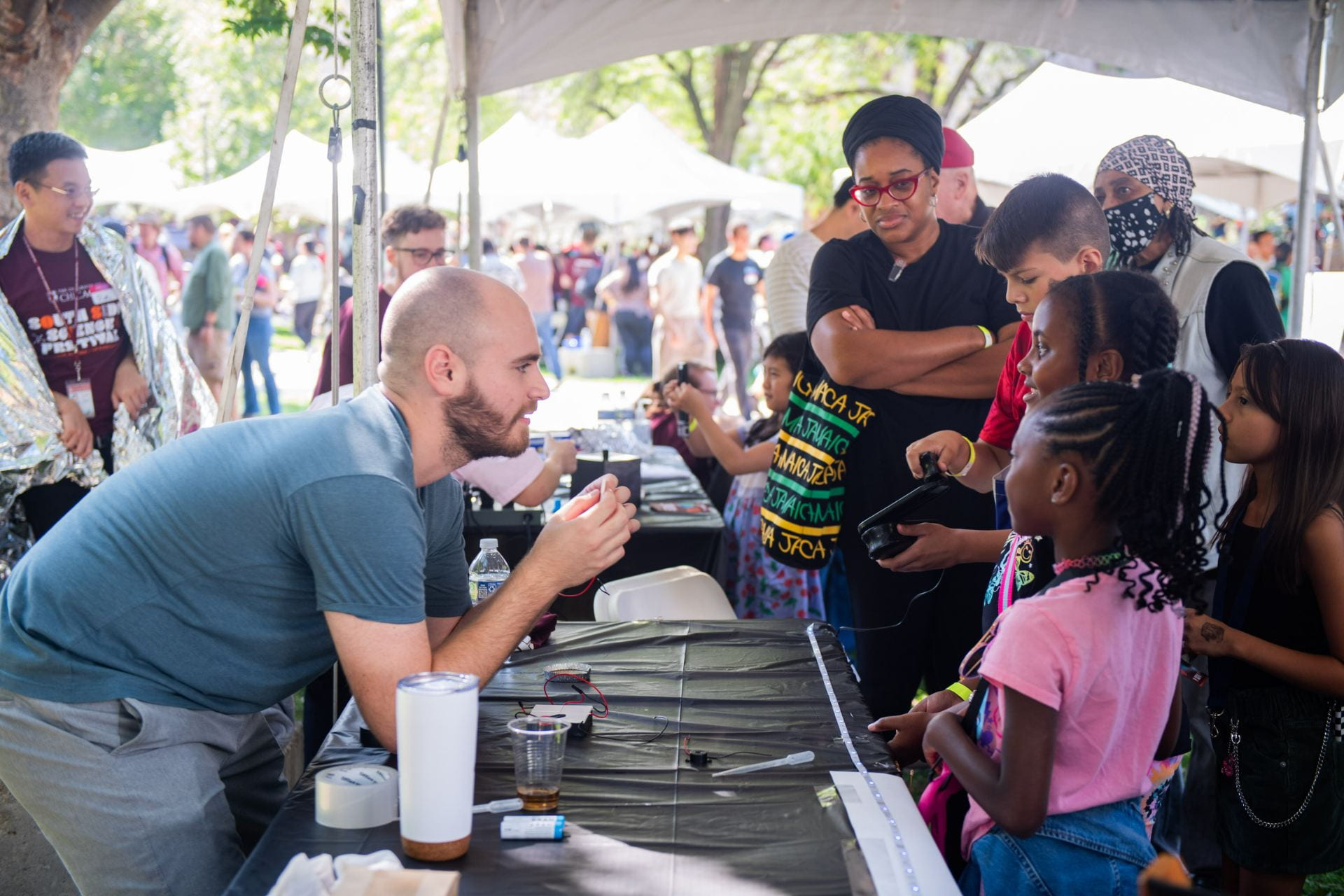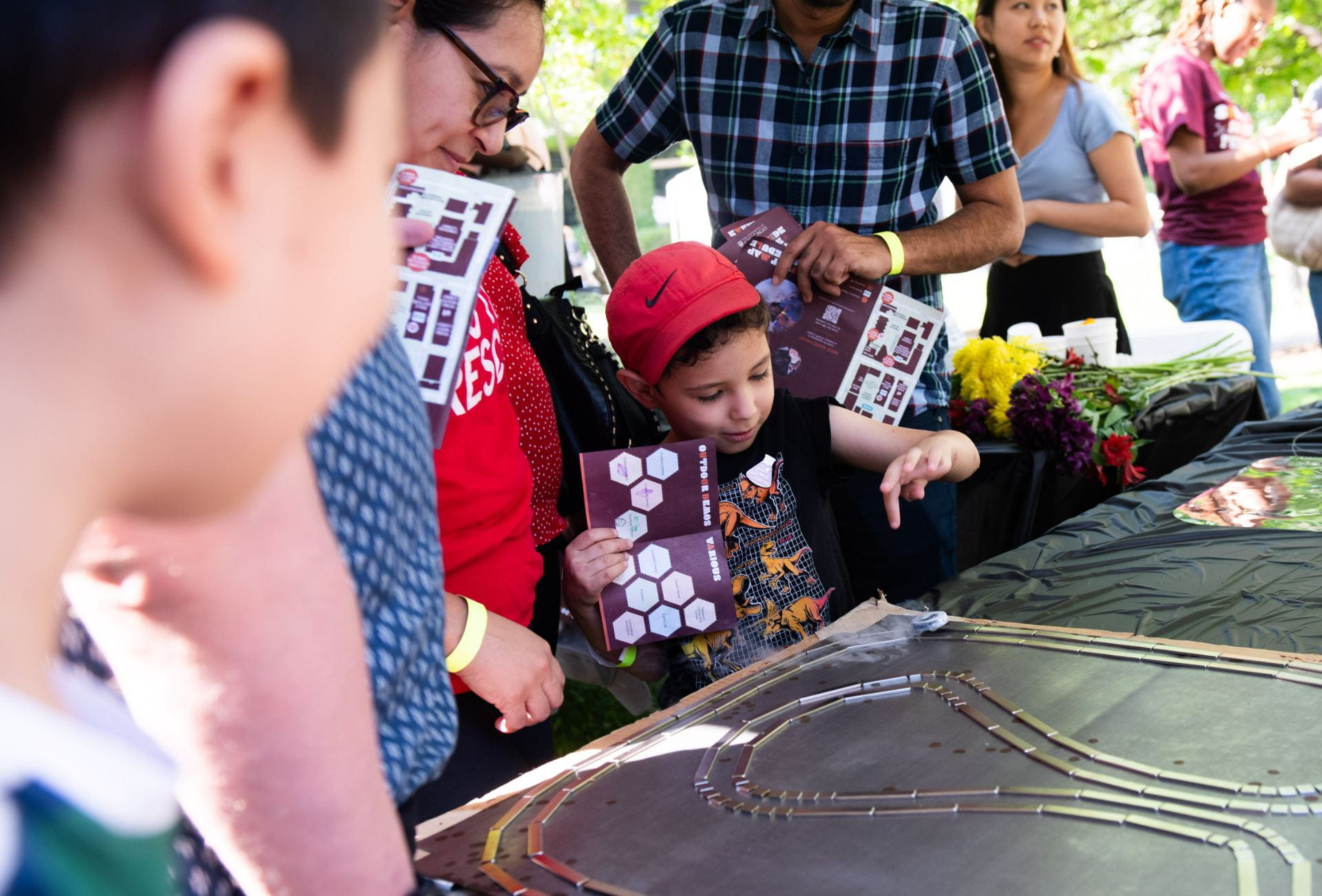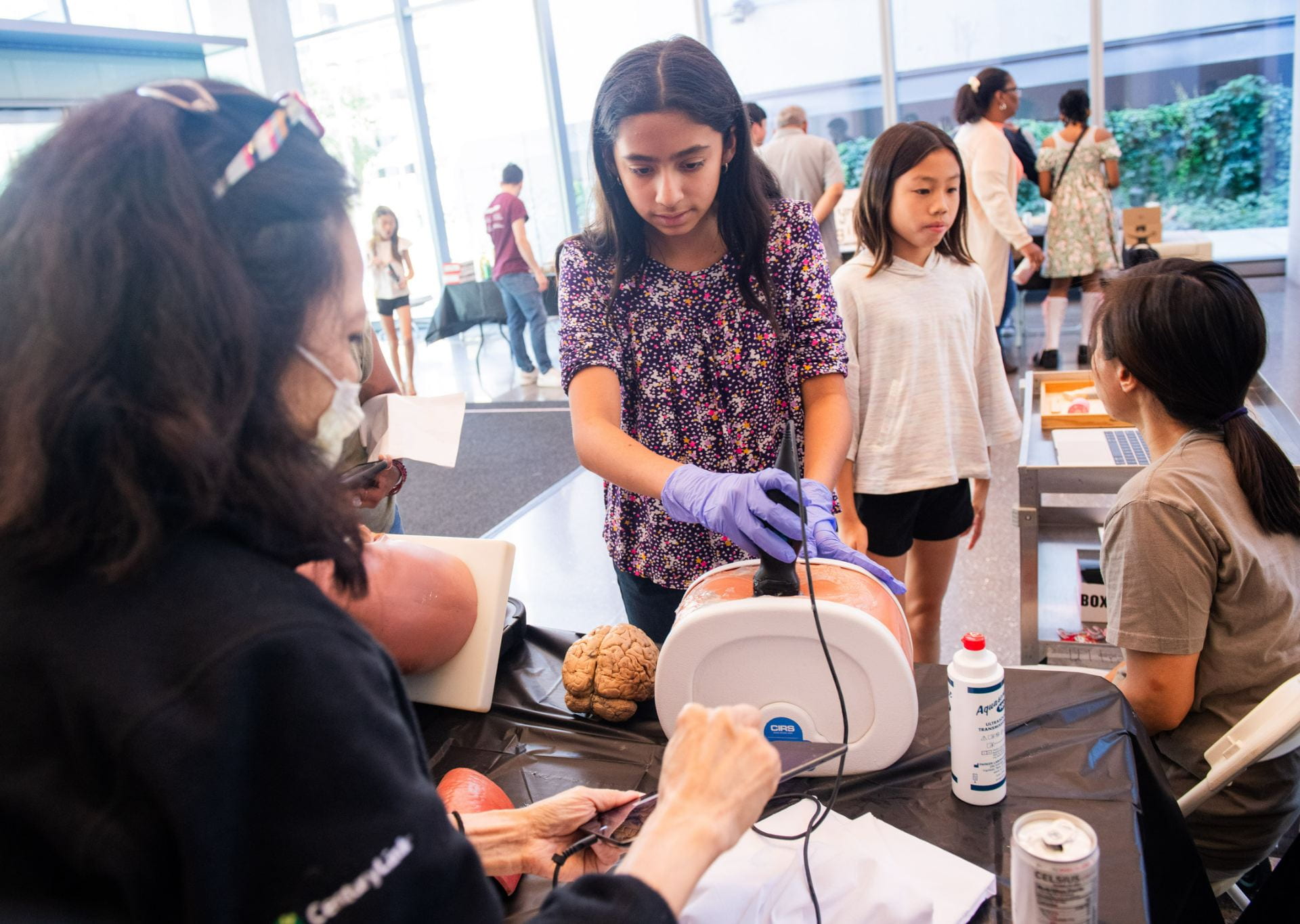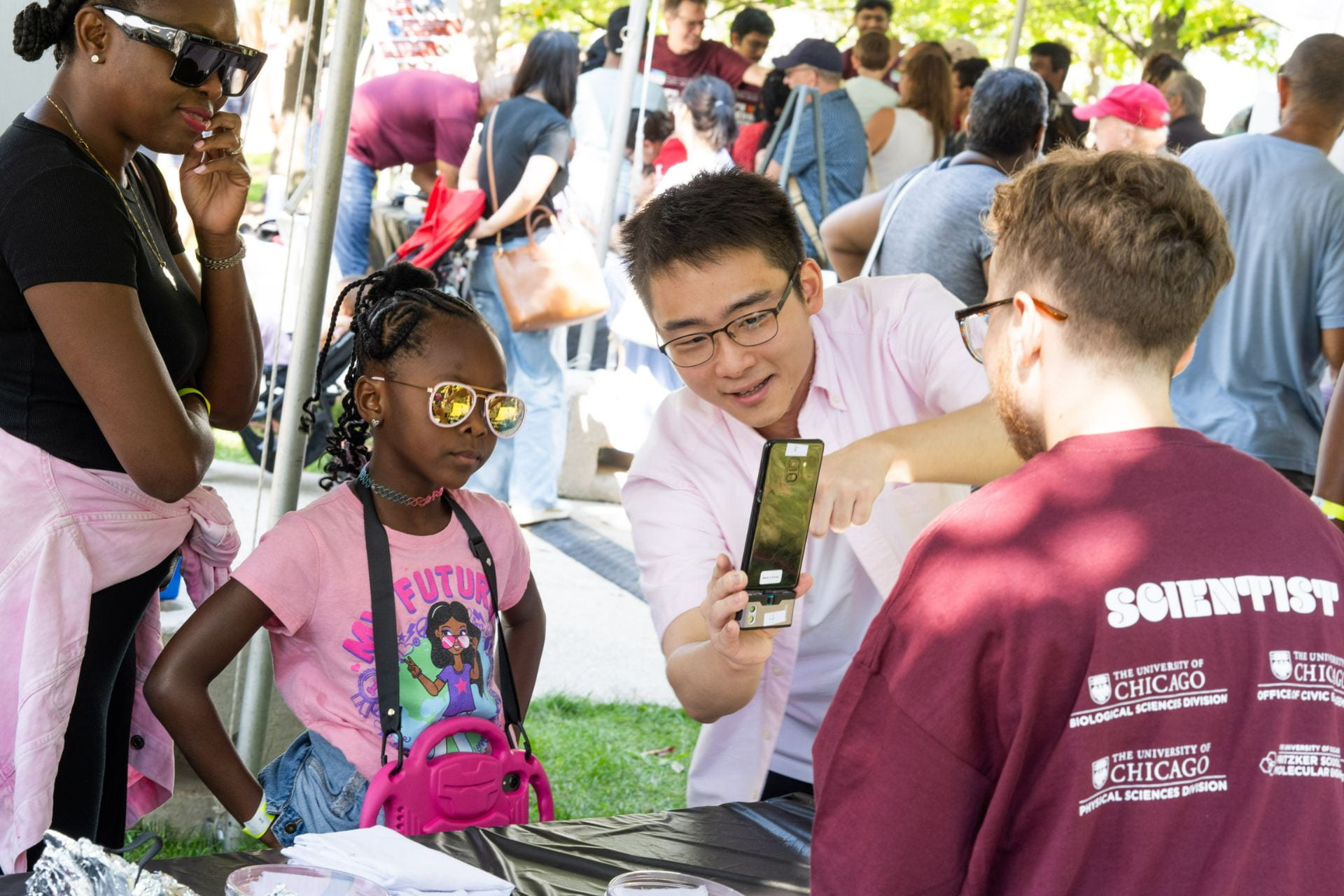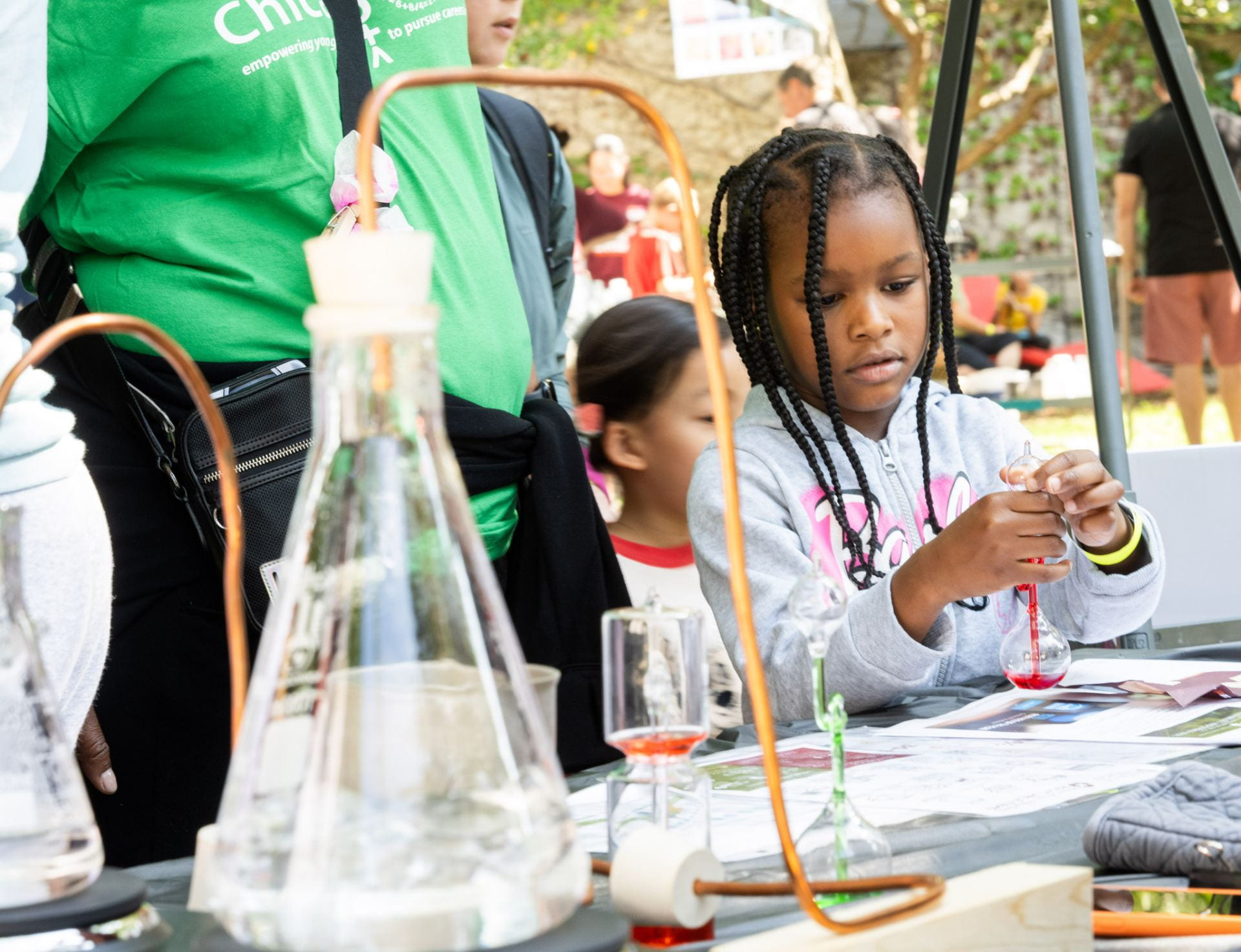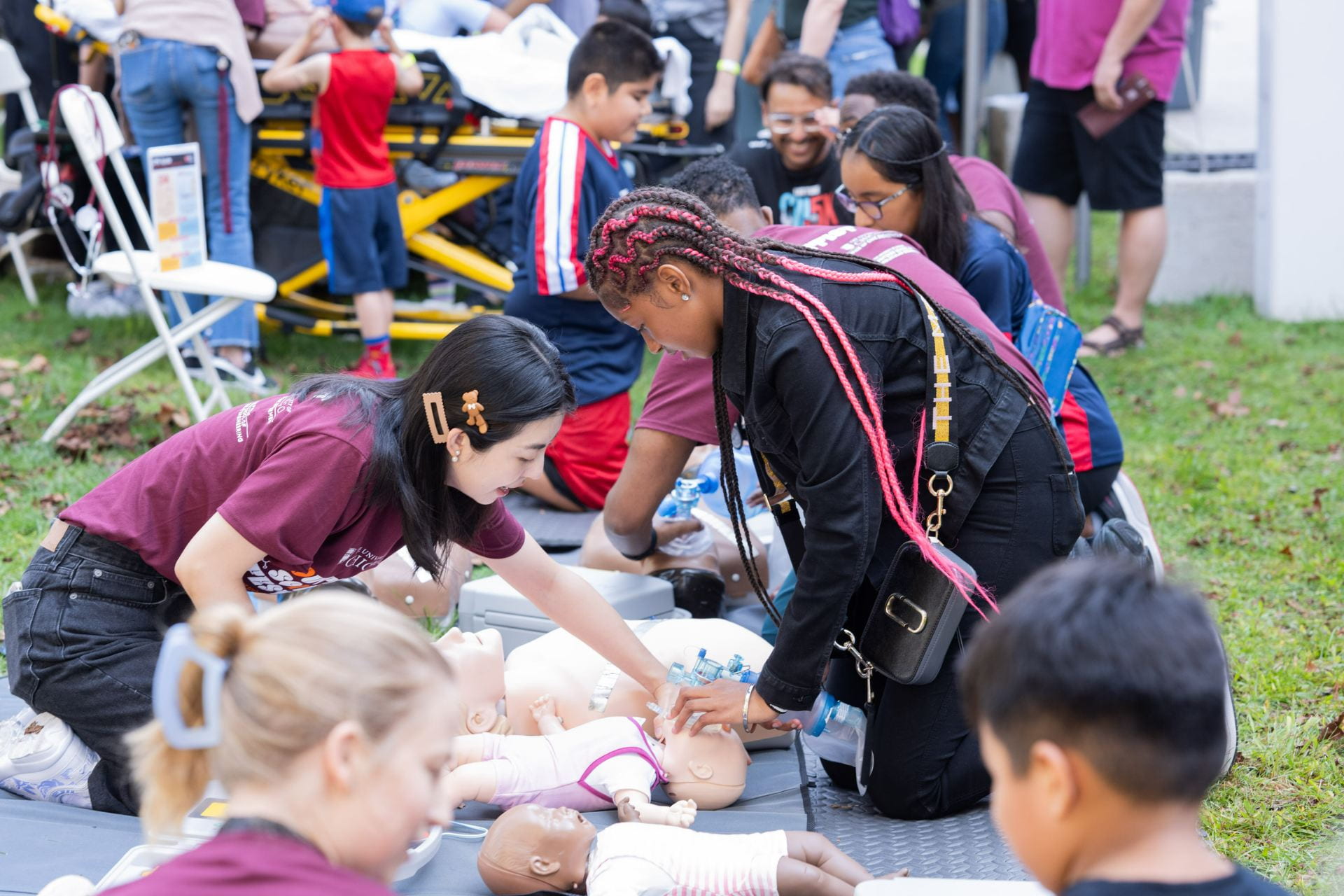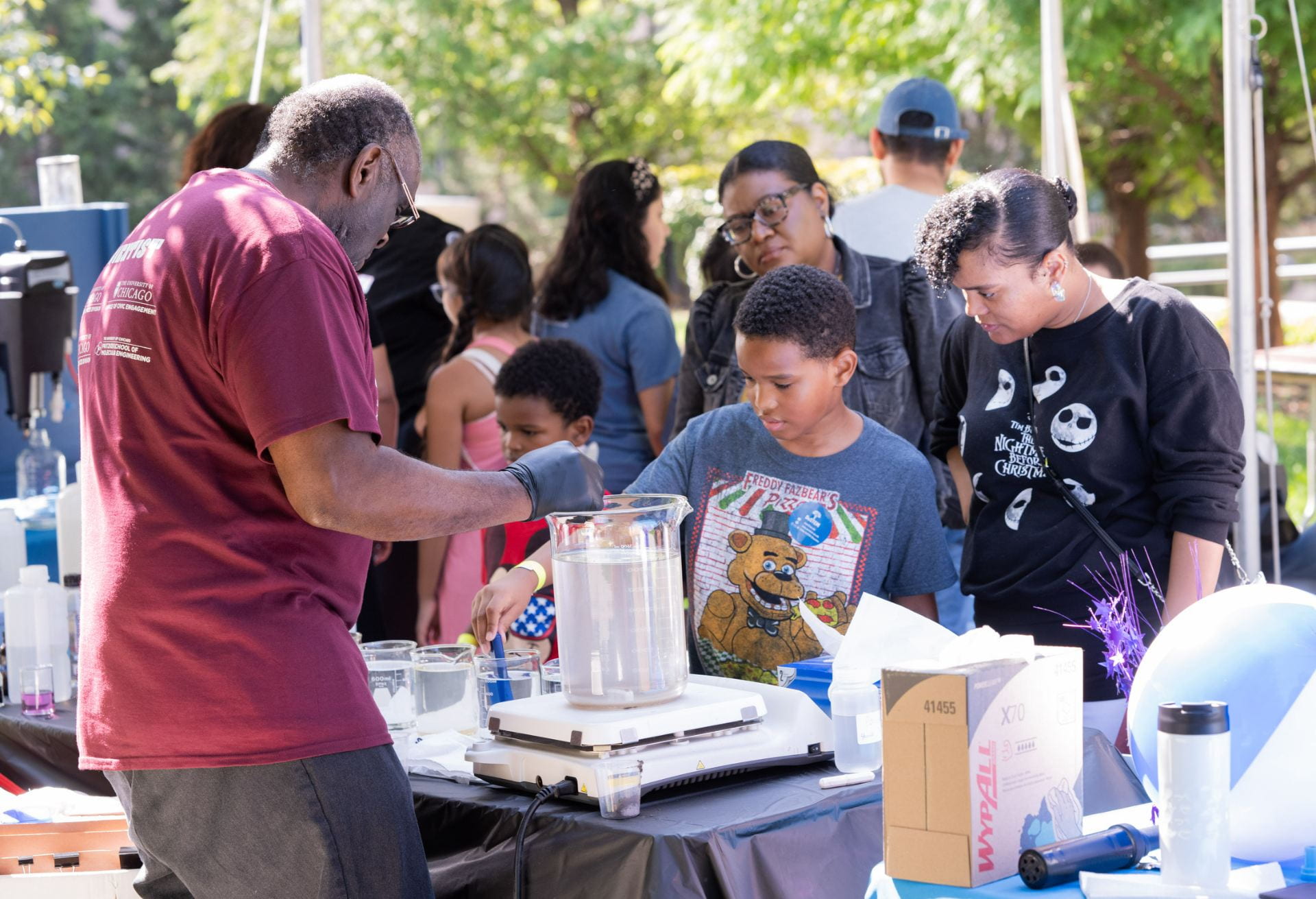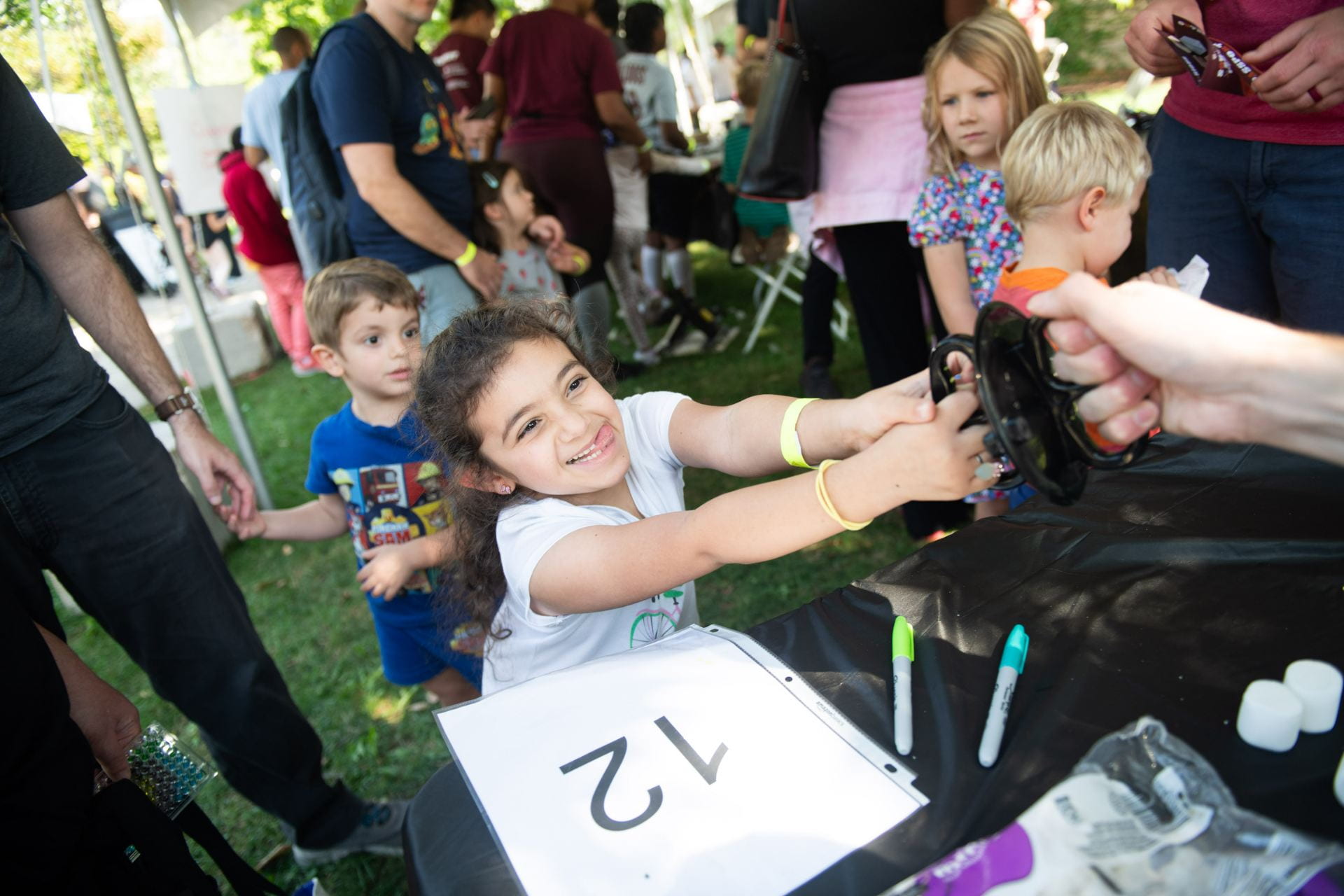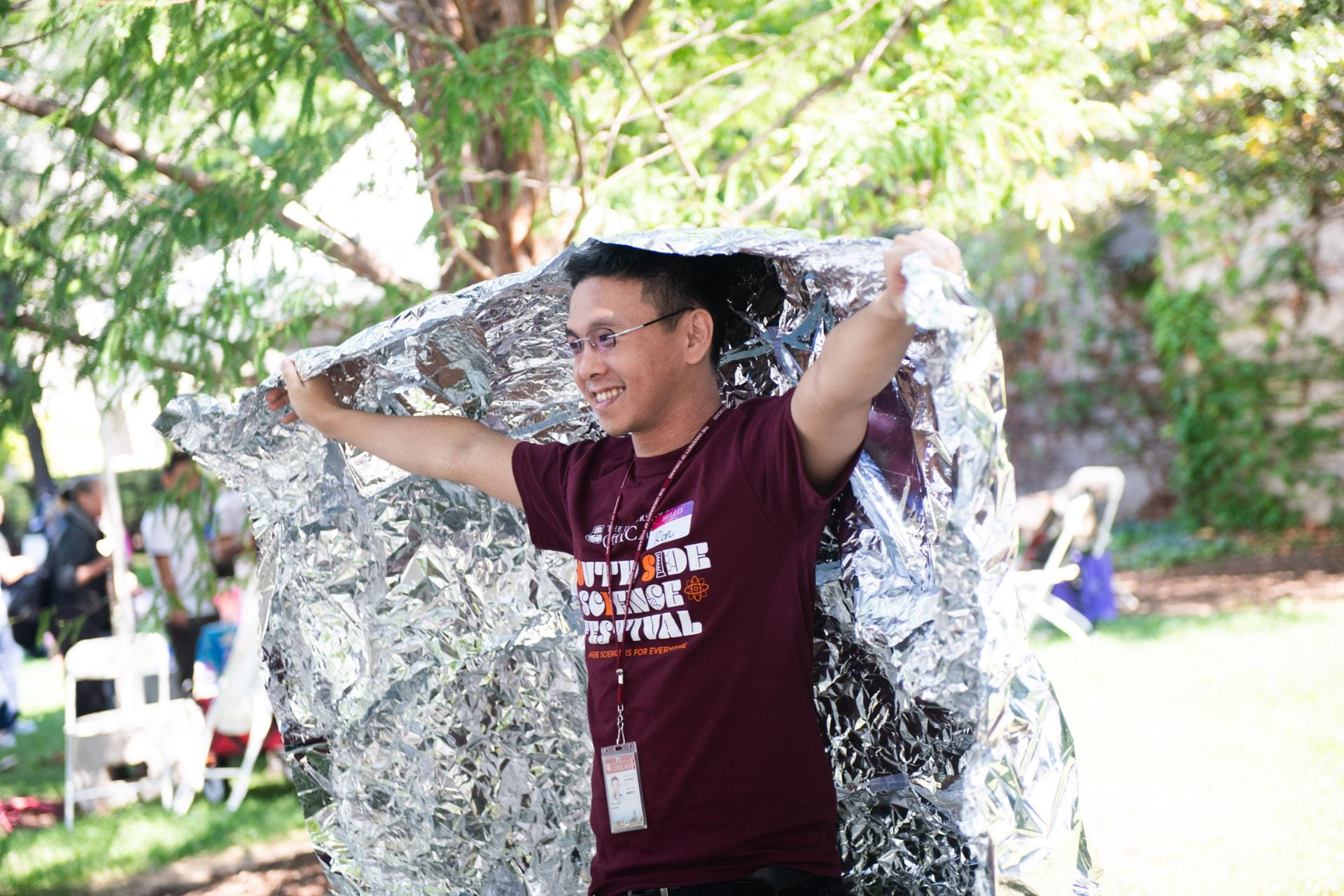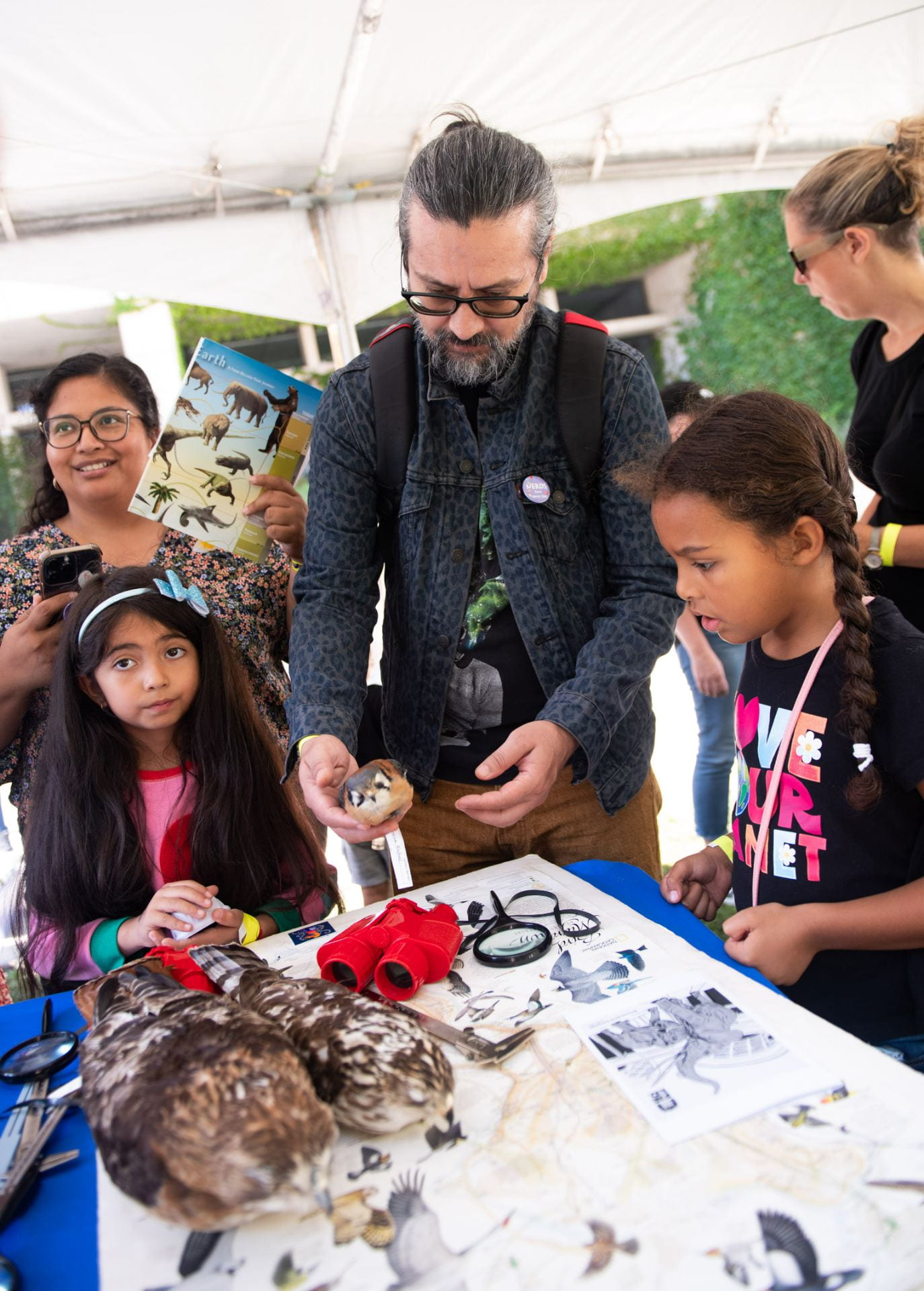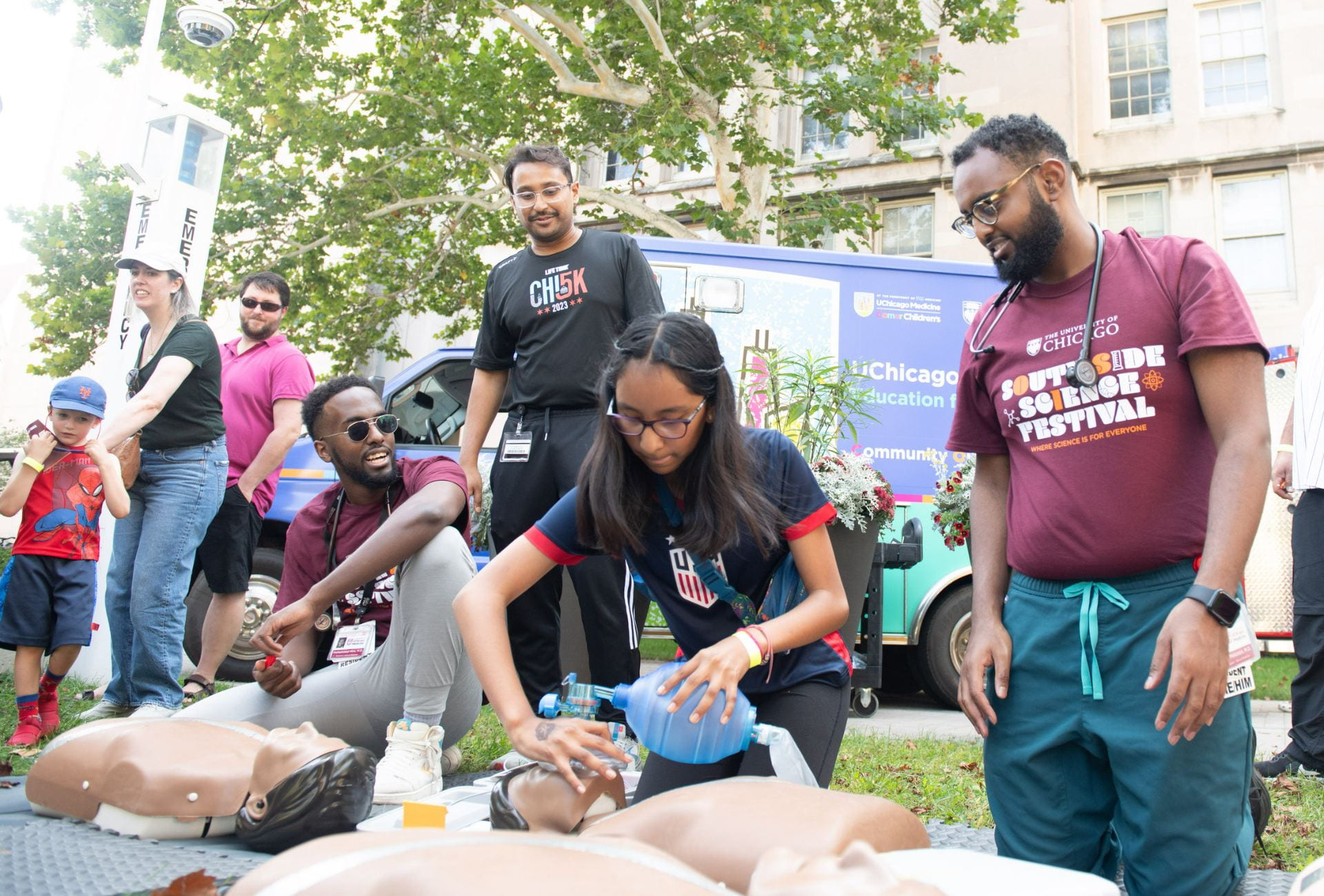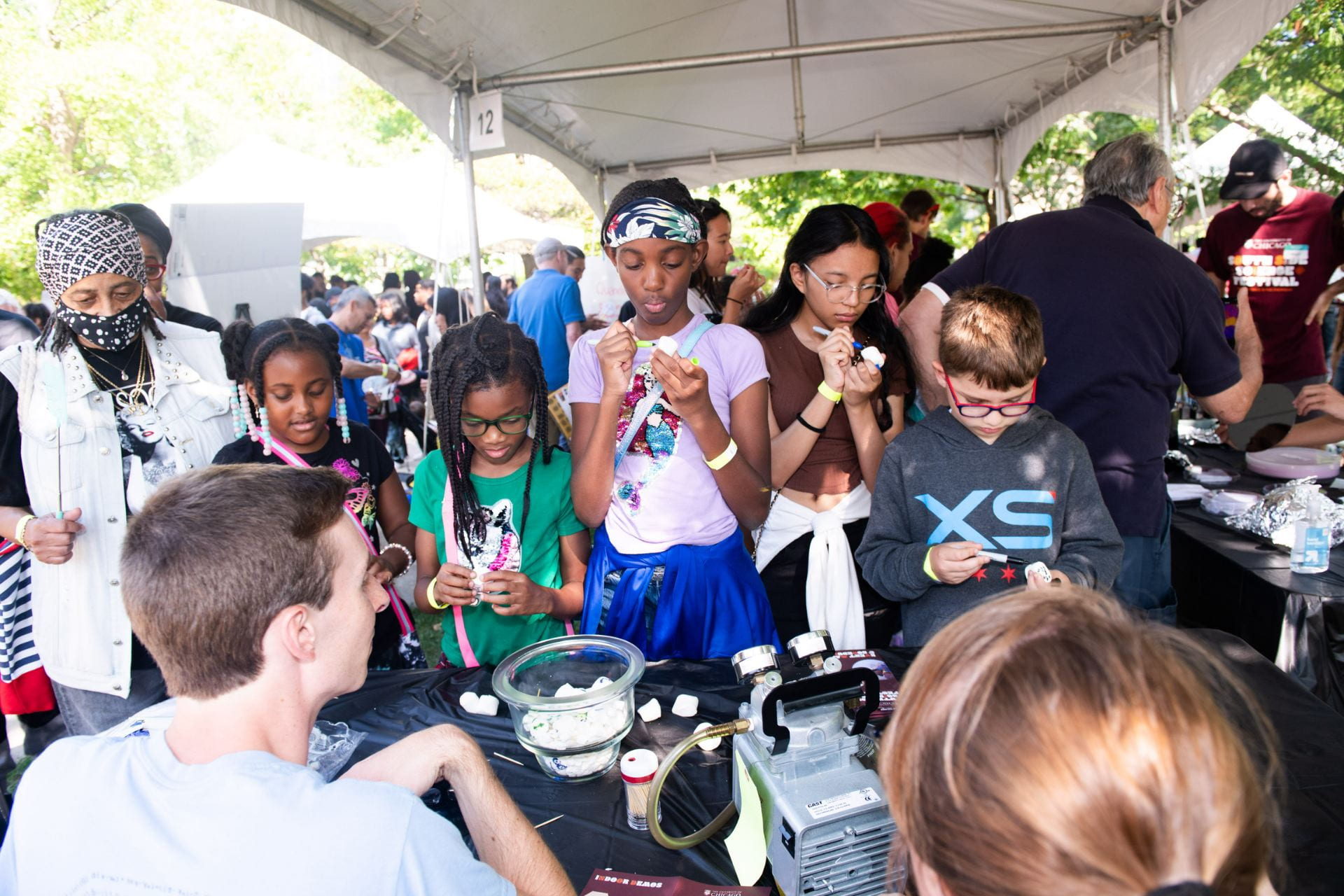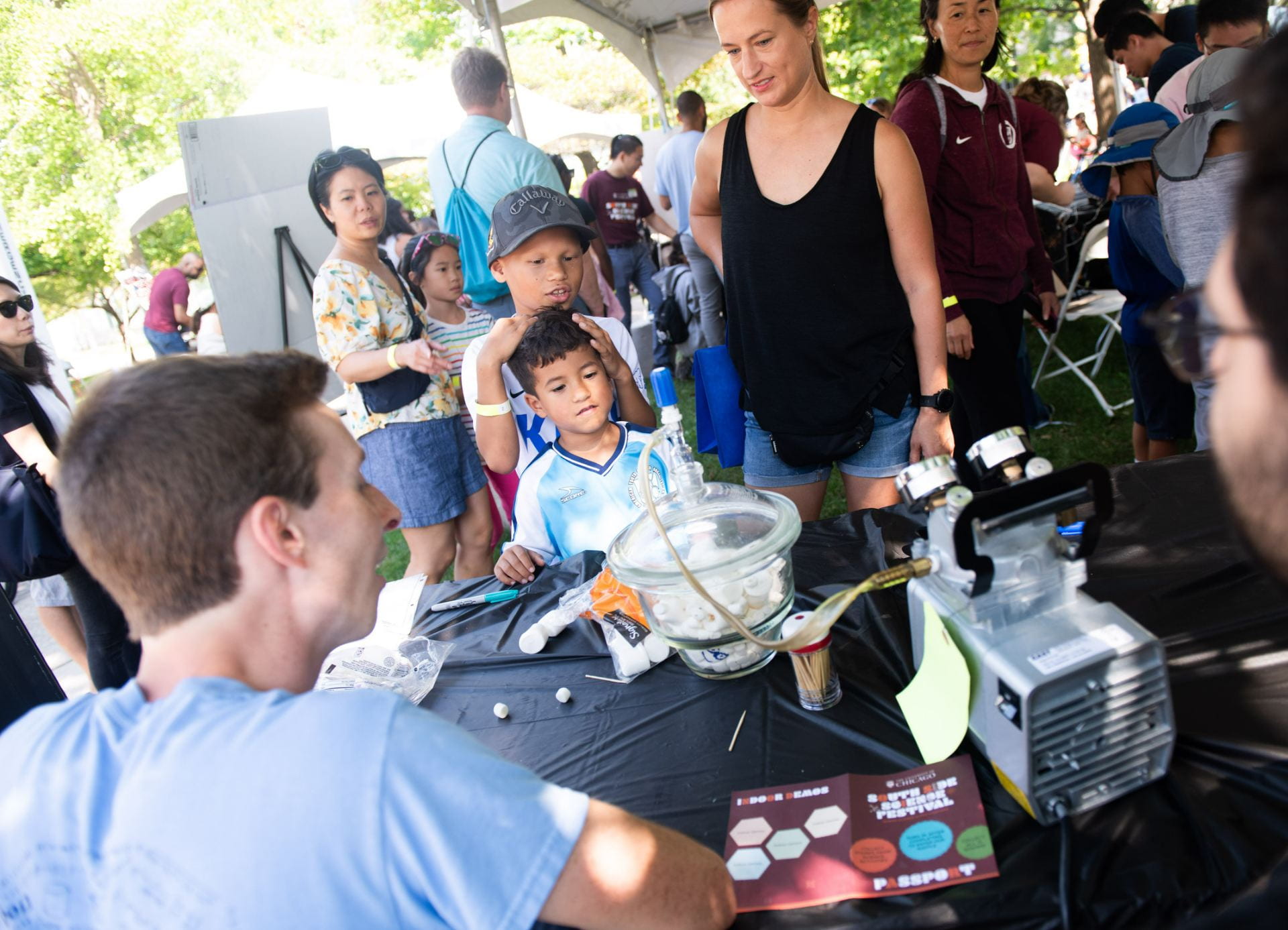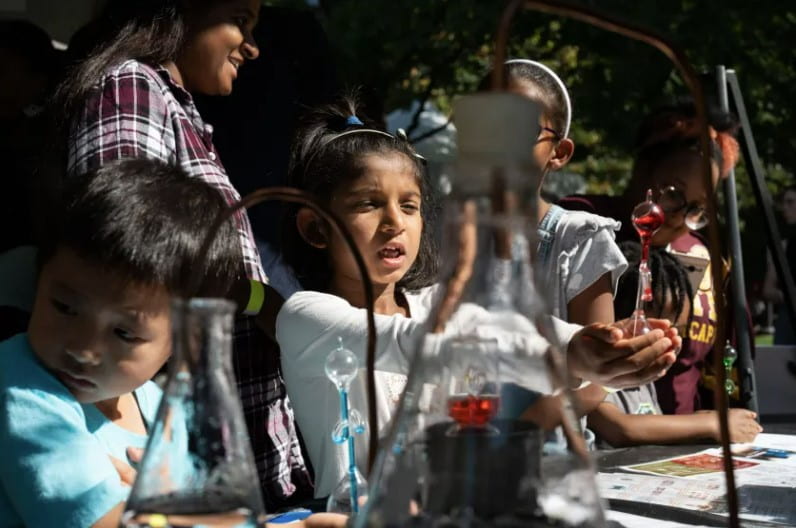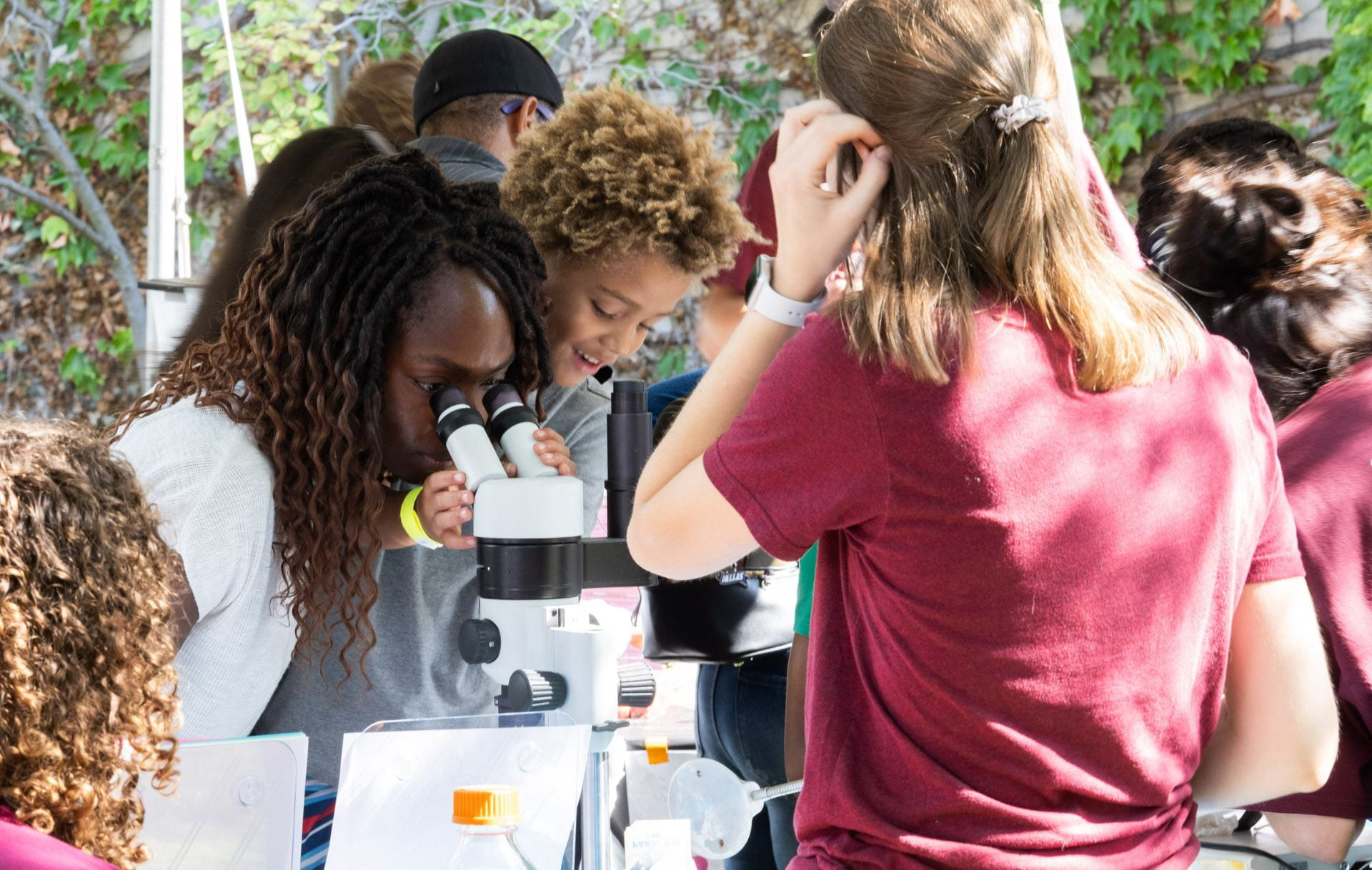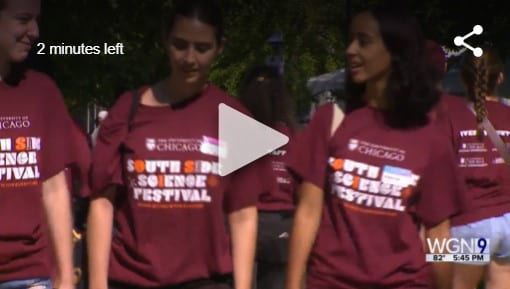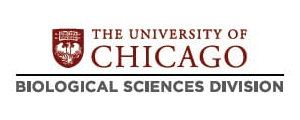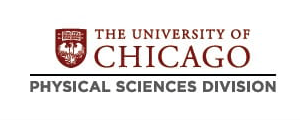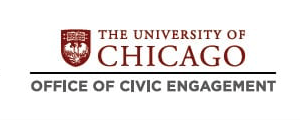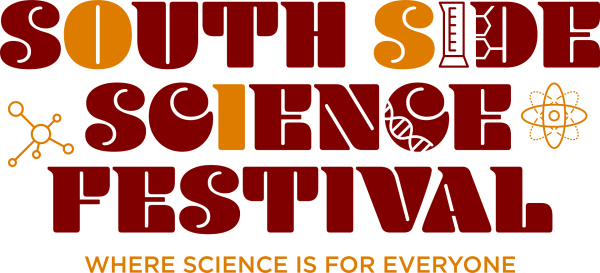
Thank you for joining us
We’re grateful to everyone who joined us on October 4 for the fourth annual South Side Science Festival, our biggest year yet! We look forward to seeing you on campus next fall.
Help make the Science Fest a local tradition.
About the South Side Science Festival
Ever controlled a robot using AI? Held a 200 million-year-old fossil in your hand? Levitated a supercooled magnet on a track? Seen a live jellyfish up close and personal (without getting stung)? Ready to learn CPR *and* the science behind how it works?
With ~100 incredible hands-on demonstrations, UChicago’s free South Side Science Festival is your chance to try it all.
With events and activities for all ages and experience levels, everyone can learn something new.
Past Media Coverage
Young scientists take over U. of C. quad
Hyde Park Herald, October 6, 2025
2024 South Side Science Festival offers up fun and inspiration
UChicago News, October 11, 2024
Hands-on experience wows kids at South Side Science Festival: ‘Exposure is everything’
Chicago Sun-Times, September 30, 2023
South Side Science Festival gives youngsters a close-up look at STEM
Chicago Sun-Times, October 5, 2024
University of Chicago hosts second annual South Side Science Festival
WGN, September 30, 2023
Current Faculty Organizers
S3F was created and organized by University of Chicago faculty members, along with the help of countless students and staff volunteers.
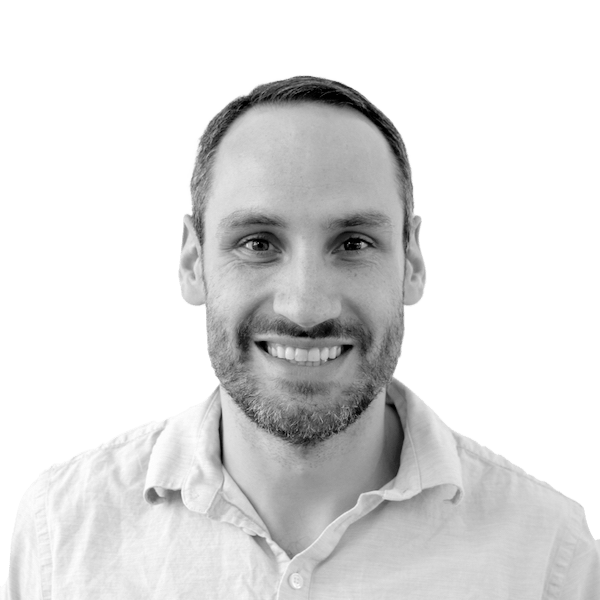
John Anderson, PhD
Associate Professor of Chemistry
John’s research centers on transition metal chemistry, blending organic chemistry, spectroscopy, materials chemistry, and biology to understand the interplay between natural and synthetic (man-made) systems.

Aaron Esser-Kahn, PhD
Professor of Molecular Engineering
Aaron’s research focuses on immunoengineering, with a focus on enhancing immune responses to vaccines. His team also works on designing adaptive materials – materials that like the human body, can sense and respond to changes in their enviornment.
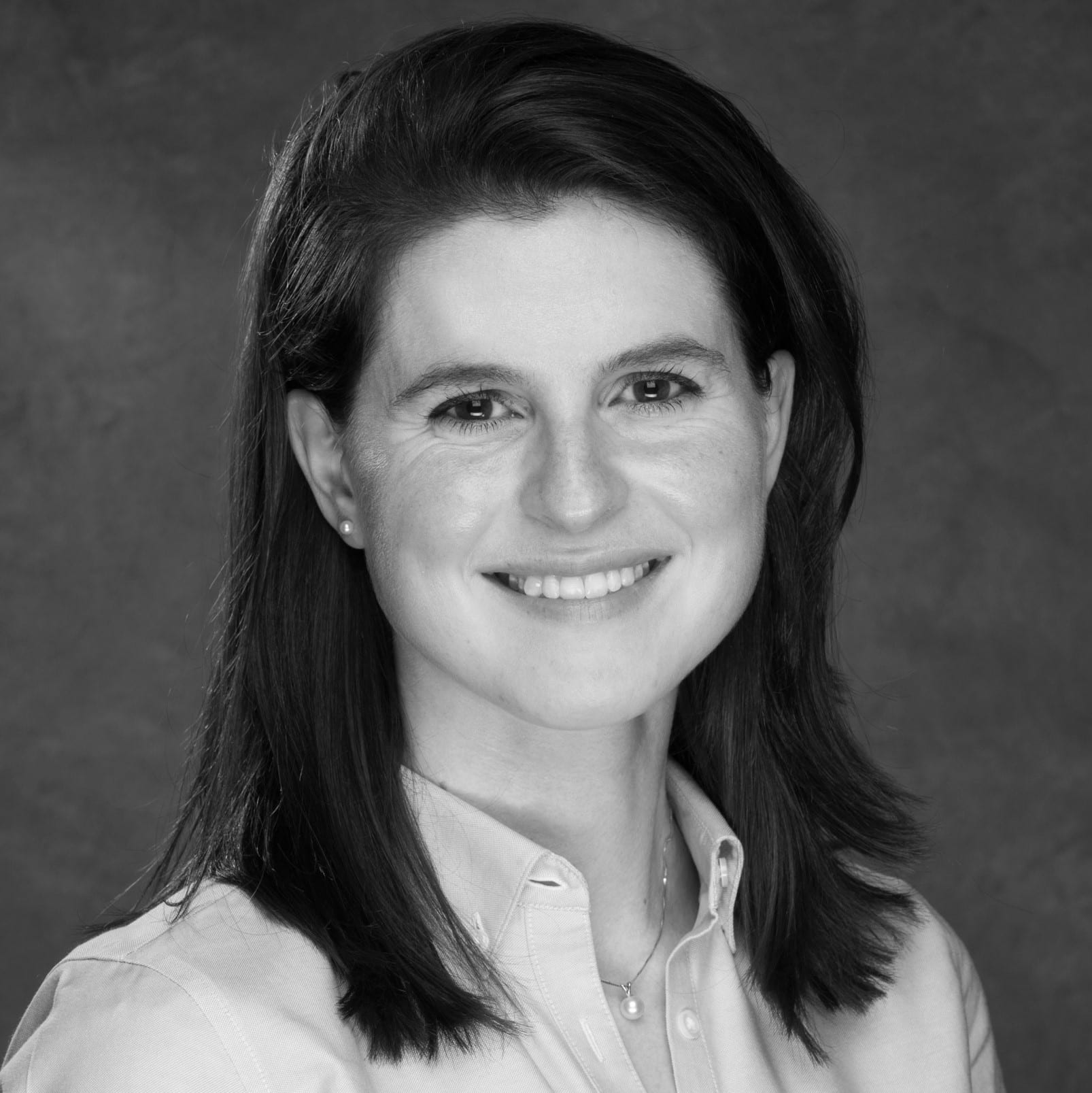
Sarah King, PhD
Neubauer Family Assistant Professor of Chemistry
Sarah’s research centers on investigating materials at their most fundamental units, watching bonds and electrons moving in real space and time on the nanoscale, so that we can create next generation electronic, catalytic, and optical devices.
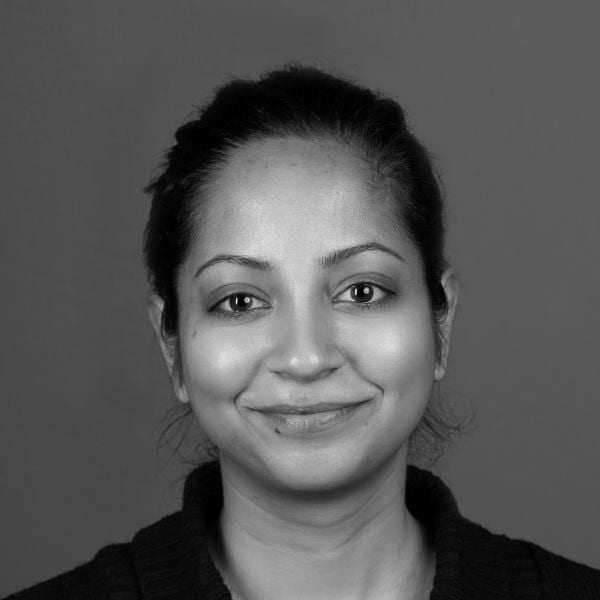
Maanasa Raghavan, PhD
Neubauer Family Assistant Professor of Human Genetics
Maanasa’s research spans population genetics, anthropology, archaeology, and medical genetics. Her team asks questions about how demographic, cultural, and environmental factors shape the genetics of present-day humans.
University Partners
Additional Sponsors



